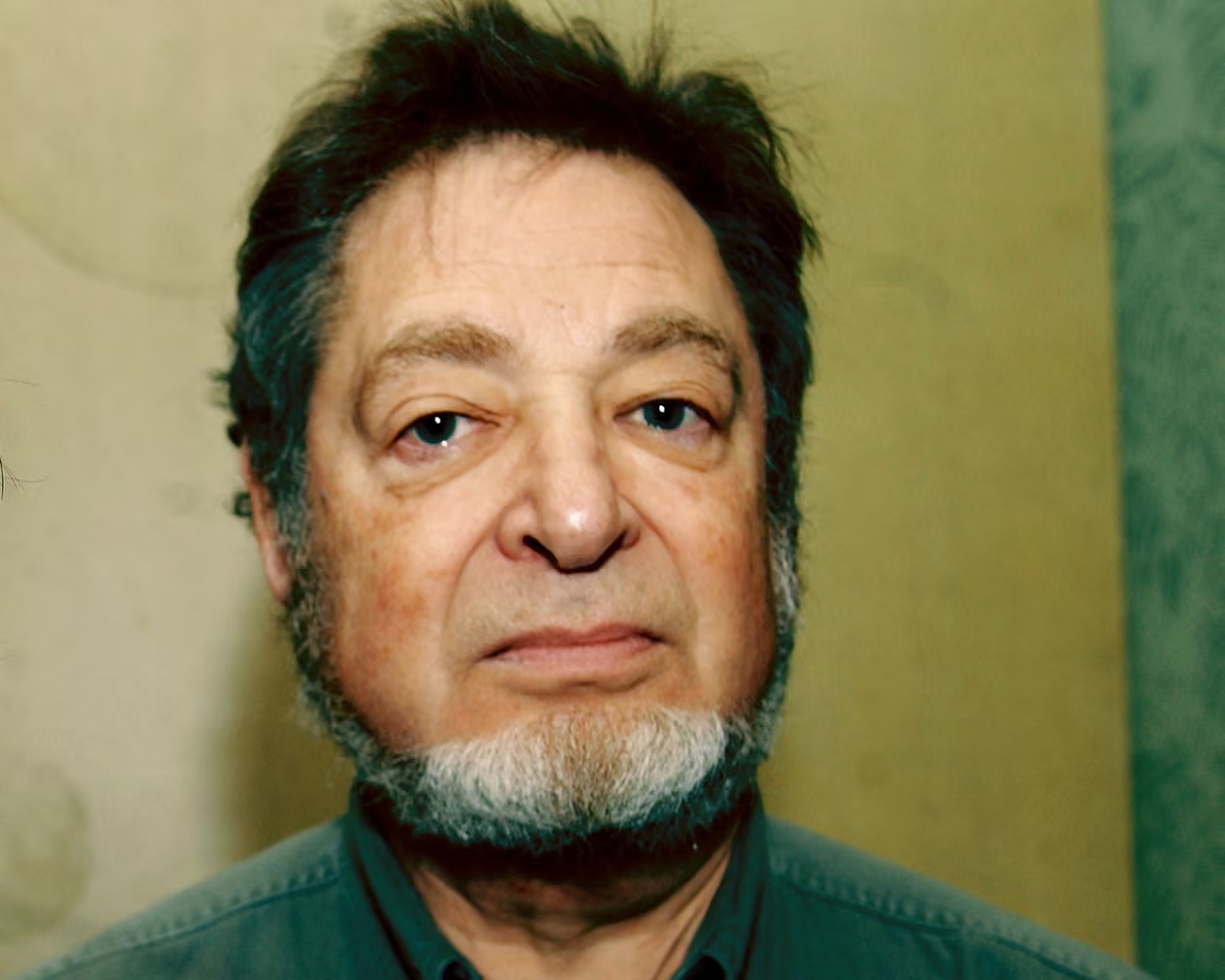A Brilliant Scientific Mind With a Moral Compass
The academic world is mourning the profound loss of Steven Rose, a pioneering neuroscientist and fierce advocate for social justice, who has passed away. Known not only for his remarkable contributions to science but also for his unwavering dedication to ethics and human rights, Rose leaves behind a legacy that spans disciplines, continents, and causes.
Together with his wife, Hilary Rose, Steven founded the British Society for Social Responsibility in Science (BSSRS) in 1968. This was not merely a scientific organization—it was a moral movement. Under their leadership, BSSRS challenged the misuse of science and technology, most notably raising early alarm over the deployment of CS gas in Derry’s Bogside, where British authorities suppressed civil unrest with chemical agents.
In an era when scientists were often expected to remain silent on political matters, Steven Rose spoke boldly. He believed science did not exist in a vacuum and that researchers had a responsibility to question how their work, or their silence, might impact society at large. His voice was a rare blend of intellectual rigor and radical conscience—one that inspired a generation of scholars to think beyond the laboratory.
Leading the Academic Boycott for Palestinian Rights
Steven Rose’s activism deepened over time, particularly in relation to Palestinian rights. In 2005, in response to the growing Boycott, Divestment and Sanctions (BDS) movement, he and Hilary co-founded BRICUP—the British Committee for the Universities of Palestine. It was the first organization globally to promote an academic boycott of Israeli institutions, arguing they were complicit in maintaining the occupation of Palestinian territories.
At the time, this stance was controversial—viewed by many as extreme or outside the realm of academic discourse. But Rose stood firm. He was unafraid to confront uncomfortable truths, especially when it came to human suffering. His persistent campaigning, grounded in ethical clarity and legal reasoning, helped bring the issue into mainstream academic debate.
Today, the University and College Union (UCU), representing thousands of academics in the UK, supports the boycott—a reflection of how far the conversation has shifted, largely thanks to Steven’s tireless advocacy. For the last two decades of his life, this cause became his defining political mission.
Remembering a Man of Conviction, Vision, and Empathy
Steven Rose was not just a scientist, not just a campaigner—he was a man driven by compassion, conviction, and a desire to leave the world better than he found it. His colleagues admired his intellect. His students cherished his mentorship. Activists across the globe respected his fearless truth-telling.
He believed deeply in justice, even when it meant taking unpopular positions. And he understood that true scholarship is not just about generating knowledge—but using it to challenge injustice, uplift the oppressed, and illuminate the truth. For Steven, science and morality were never separate paths; they walked hand in hand.
As tributes pour in from universities, human rights groups, and peers around the world, one thing becomes clear: Steven Rose’s voice may be gone, but his vision lives on.
May his memory continue to spark dialogue, courage, and compassion in a world still in deep need of all three.
Rest in peace, Steven Rose.

